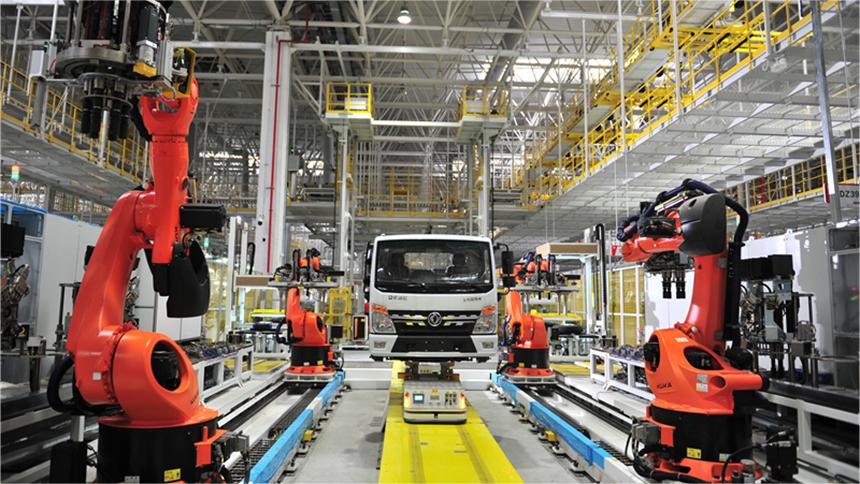PV industry creates win-win ecological, economic benefits in desert
LANZHOU, June 18 (Xinhua) -- In the Jiuduntan photovoltaic demonstration park in the northwest of China, rows of solar panels stretch like ribbons into the heart of the Tengger Desert. Beneath these panels, desert vegetation thrives.
Located in Liangzhou District, in the city of Wuwei, Gansu Province, this project exemplifies efforts to combat desertification while fostering economic growth.
Boasting a planned area of over 33,000 hectares, more than a dozen companies have already settled in, with an installed capacity of 2.2 million kilowatts, of which 1.5 million kilowatts are already connected to the grid.
"I never dared to imagine that I could make a living in the desert," said Qin Zhaoping, a local farmer from Hengliang Township, who is now working for a company in the demonstration park. His job involves maintaining the irrigation system beneath the solar panels and nurturing the desert plants.
"The development of the photovoltaic industry, alongside desert control, benefits future generations," Qin noted, adding that the project not only generates electricity and stabilizes sand but also enhances local income levels.
To support this project, related departments and enterprises also join in the irrigation efforts.
"Generating electricity above the panels and cultivating desert vegetation below achieves dual benefits -- efficient utilization of solar resources and desert stabilization," said Zhang Kewei, who is in charge of the management of the demonstration park.
Currently, the area of desert vegetation within the park amounts to about 3,200 hectares.
According to researchers, desert plants cultivated under the solar panels in the demonstration park can be harvested for fodder after three years of growth, while there are plans to introduce a poultry farming industry in the same area within the next few years.
Last month, the National Energy Administration and the National Forestry and Grassland Administration issued a notice promoting the development of photovoltaic sand control projects.
This initiative allows for the integration of photovoltaic development with traditional sand control methods in regions like Inner Mongolia, Gansu, Ningxia, Shaanxi and Qinghai. By prioritizing ecological protection, these projects are designed to be scientifically implemented, supporting the creation of a clean, low-carbon, safe and efficient new energy system while advancing high-quality desertification control.
Zhang Xuchen, director of the Gansu provincial forestry and grassland department, said that in the future, the city of Wuwei plans to assist local farmers in developing industries such as forage grass cultivation, desert vegetation planting and poultry farming. This approach aims to maximize the ecological, economic, and social benefits of integrating the photovoltaic industry with sand control efforts.
Photos
Related Stories
- New highlights of China's largest desert control PV project in Inner Mongolia
- In pics: Water-surface PV project in E China's Jiangxi
- China Germany's top supplier of PV systems: Destatis
- China’s PV products gain popularity overseas
- China's PV industry reports robust expansion in 2022
- PV park in NW China's Qinghai contributes to sustainable development
- China's PV exports value 28 bln U.S. dollars in 2021
- PV power stations built in SW China's Yunnan create jobs, boost local villagers' income
- Staff members of power company enhance inspection of PV power station in Qinghai
- Xinjiang PV enterprise refutes unfounded Bloomberg report on irresponsible accusation of ‘forced labor’
Copyright © 2024 People's Daily Online. All Rights Reserved.









